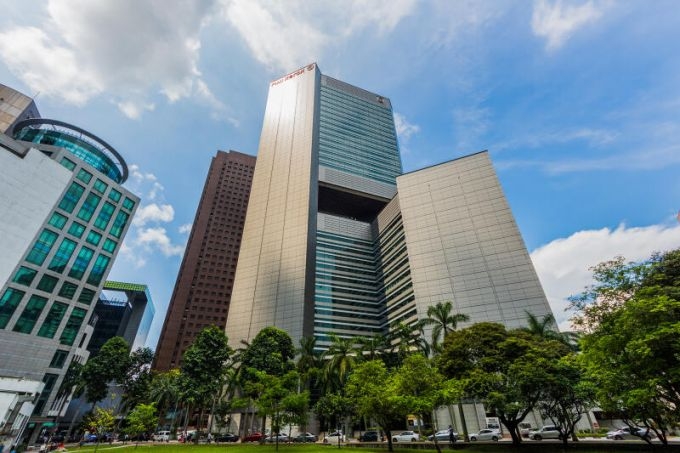Facelifts for office buildings

A FEW major office landlords in Singapore are refreshing their properties and tweaking layouts to woo tenants.
At One Raffles Quay, refurbishment of selected common areas is being planned, said Chong Kee Hiong, chief executive of Suntec Reit's manager ARA Trust Management (Suntec).
This, together with the ongoing upgrading of Suntec City's offices, will strengthen Suntec Reit: T82U -1.29%'s office value proposition, he added. The asset enhancement works at the Suntec City offices include an upgrading of the main entrance lobby, new washrooms and modernised lift lobbies.
OUE Com Reit: TS0U 0%, meanwhile, has continued to upgrade its office properties in the past year, with an increased focus on a clean and safe environment, such as by adopting innovations to improve indoor air quality. Besides better serving tenants' needs, these upgrades make the properties more marketable, its spokesperson said.
City Developments Limited (CDL) said it has observed healthy demand for "vibrant" offices, particularly reconfigured workspaces designed to support flexible work, safer and more comfortable environments, and innovative tools for collaboration.
CityDev: C09 -0.57%'s redevelopment of Fuji Xerox Towers and Central Mall - now at the preliminary planning and design stages - will address wellness and sustainability considerations. Office tenants at the redeveloped Fuji Xerox Towers will be able to rest and socialise in spacious and collaborative areas, and there will be greater use of technology and data to "curate better workplace experiences", the developer's spokesperson said.
Singapore Land Group (SingLand), previously named United Industrial Corp (UIC), is in the midst of rejuvenating its aged office portfolio, starting with the Singapore Land Tower. At the same time, it is giving SGX Centre and Tampines Plaza 1 and 2 "light touch" spruce-ups.
As tenants increasingly prioritise staff well-being and the evolving role of the office, some landlords may consider refurbishing older assets to attract occupiers, said Wong Xian Yang, Cushman & Wakefield's head of research, Singapore. "On the other hand, the pandemic may accelerate decentralisation, bringing jobs closer to home in line with the government's pre-Covid intention."
Some corporates consider offices with Grade A specifications in decentralised locations as an alternative to CBD spaces, due to more affordable rents or split operations. Therefore, landlords could diversify their portfolios outside the CBD to maintain stable incomes, Mr Wong said.
Moody's Investors Service wrote in a June 29 report that employers will likely allocate more space per employee, reversing the trend of packing more workers into less space.
That said, Cushman & Wakefield does not foresee de-densification leading to higher demand for space, as occupiers will want to maintain cost efficiency, according to Carol Wong, director and total workplace APAC lead at the consultancy.
She also noted that the traditional office environment will not be able to support the collaboration, knowledge sharing and culture that employees are expecting. Allocations for individual workspaces may thus shrink to about 30 per cent, from 60 per cent currently, while spaces designed for collaboration will grow to 50 per cent, from 30 per cent. "Support, well-being and community space could increase to 20 per cent, from 5 per cent," Ms Wong added.




